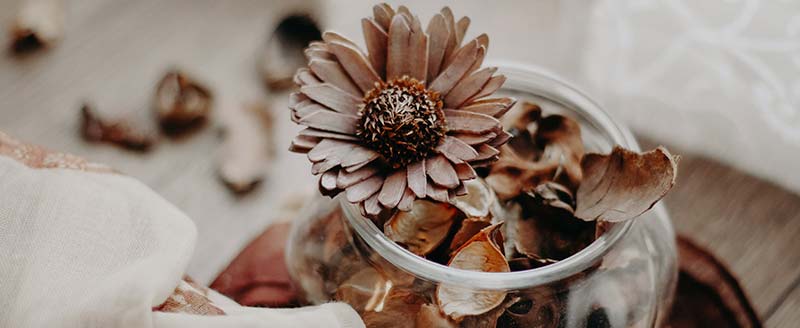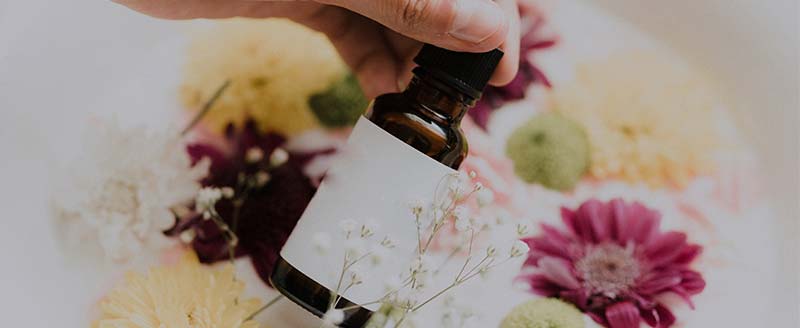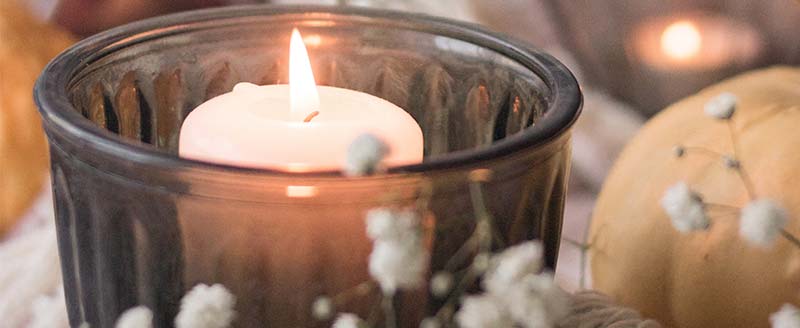How To Choose Essential Oils Like a Pro?

I can hardly imagine my life without essential oils. I use them both ways, internally by adding a drop in my morning and evening tea, for example, and externally via cold and hot inhalations, aromatherapy, cream enrichment, local applications (for acne, wounds, stings, etc.,) and bath.
In my first aid kit, you can find all the basic essential oils that a human would only need to survive in even the most extreme emergency situations such as mushroom poisoning or severe burns.
However, there is one problem with using essential oils and it is its quality.
Just few know how to choose the best quality essential oils and today, I am going to share all the secrets on how to do it.
What is essential oil?
It is a concentrated extract (liquid) containing volatile (easily evaporated at normal temperatures) chemical compounds from plants.
Since chemical industry is highly developed these days, a lion part of essential oils presented on the market is nothing but chemically synthesized fragrances of certain plants and this, my friends, is not what you would want to have in your first aid kit.
Chemically synthesized essential oils can only be used in cosmetics and are forbidden to use internally.
Also, I would advise you to remember that they can be toxic and even cause an allergic shock.
So, be extremely careful with this kind of chemical waste.
What to pay attention to when choosing essential oil?
History and reputation of the brand (company)
This is the first thing you should pay your attention to.
Obviously, production of essential oils is a highly complicated business that inquires usage of high technologies and high quality raw materials which is not cheap.
In this way, to produce 10 ml of 100% organic and highly refined essential oil of orange, for example, will be needed at least 2000 oranges.
Not every company can or will bother itself to invest so much money into high quality raw materials, technology, and specialists.
This is exactly why there are so many chemical essential oils on the market, because only few companies among dozens can afford the production of 100% organic and highly refined essential oils.
So, check how long the company is presented on the market.
What is its reputation?
Who is the founder of the company?
What is the moto and ethics of the company?
See if you can contact the company directly and ask for certificates and licenses on the quality of the essential oils they sell. Ask for a consultant that could tell you more about their product. In clean, highly respected companies you should have no problem with that.
Manufactories where essential oils of the brand are produced
This information should be available on the website of the company and on the package of the choosen essential oil.
You can google the manufactory and even contact them and ask if they are really working with this or that company.
You can also see ratings and certificates of the manufactory that will tell you a lot about the quality of the essential oils they produce.
Certification
GMP certificate is number one certificate you should pay your attention to because only products of the highest quality can get it.
It should not be tested on animals (most of the chemical synthesized essential oils do not have this badge on their bottles.)
And have at least one medical certificate since essential oils belong to the group of BAA and in many countries are considered to be medicine.
Package
Proper packaging is a critical part of maintaining overall efficacy of the essential oils.
The bottles should be tinted dark and contain not more than 10 ml of essential oil which is a standard amount, and with a securely closing cap.
Information on the package should contain
Compound
It should 100% pure essential oil.
Sometimes to mild an ‘aggressive’ due to its natural compounds essential oil as Tea Tree essential oil for example, to the oil can be added additional oils such as Kanuka and Manuka. It makes the usage of the essential oil smoother and more effective. Of course, added oils should be 100% pure and organic.
Manufacturer and its address
Importer and its address
Short description of the essential oil in the home language and its translation to the local language of the country you are buying it in.
Expiration date
In addition, I would like to pay your attention to one more factor that decides the quality and safety of essential oils.
How well is it refined?
The best quality essential oils are 100% highly refined essential oils which guarantees that the chosen essential oil is 100% pure.
Poorly refined oils, if they are organic, are usually not dangerous but those are not recommended to be used inward which takes away a lion part of the benefits you can get from 100% highly refined essential oils.
I will tell you more about the benefits of 100% highly refined essential oils in my future bog posts so stay tuned.
Poorly refined oils can be a bad fit for people with allergy and are usually way cheaper and lower in quality than highly refined essential oils.
They also are not as effective as highly refined essential oils.
If you have any questions about essential oils, please, feel free to contact me. I will try to deliver the best (and most informative) answers I can, plus, I would be grateful for the inspiration and ideas for future blog posts on aromatherapy and essential oils.
This is all from me today. In the next blog post I will do a detailed expertise of the essential oils I use, based on the information I gave you today.
If you found this blog post useful, please, give it a like and do not forget to subscribe or follow me on the social media not to miss future gems of information on aromatherapy, essential oils, and healthy lifestyle.
Thank you for being with me today.
See you soon.




